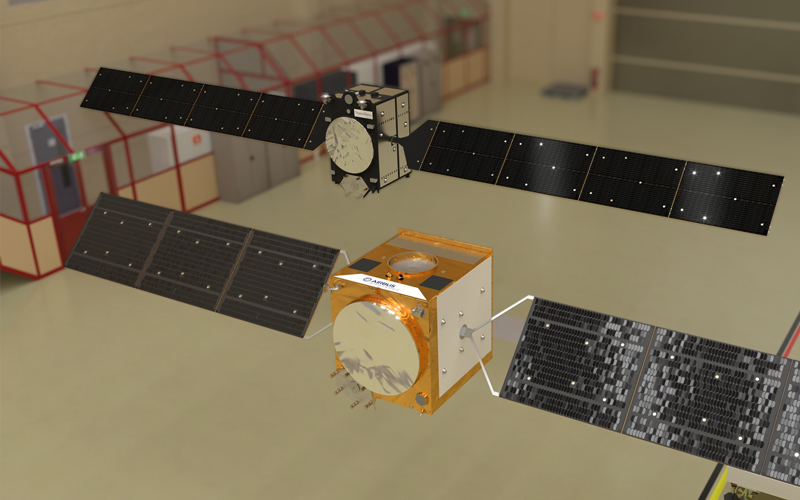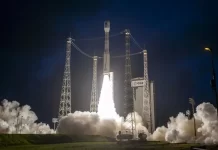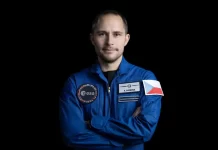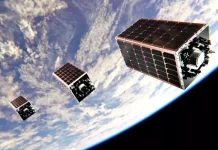
The European Space Agency has announced that the development of both versions of its Galileo Second Generation satellites has reached an important milestone with the successful completion of the Critical Design Reviews.
In May 2021, ESA awarded contracts for the second generation of Europe’s Galileo satellite navigation constellation to Thales Alenia Space in Italy and Airbus Defence & Space in Germany. The contracts amounted to €1.47 billion and outlined the development of 12 satellites across two independent satellite families.
On 12 July 2024, ESA announced that the development of the 12-satellite fleet had passed a crucial milestone, with both designs completing agency-led Critical Design Reviews.
As part of the review process, independent panels of experts met on two occasions to assess the robustness and technical capability of each design. The Thales Alenia Space satellite design review was conducted on 18 April, and the Airbus Defence and Space review on 16 May. Both meetings took place at the agency’s ESTEC (European Space Research and Technology Centre) facility in the Netherlands.
With the successful completion of this critical milestone, teams from both industry leads can begin production ramp-up. In the coming months, the first satellite compatibility test campaigns will be conducted to validate communication between the satellites and the ground segment.
In July 2023, ESA awarded three contracts for the Galileo Second Generation ground segment to GMV, Thales, and Thales Alenia Space. The three contracts had a combined value of €900 million.
Once launched, the 12 satellites will bring next-generation capabilities to the Galileo offering. The satellites will feature electric propulsion, fully digital navigation payloads, more powerful navigation antennas, inter-satellite link capacity, and advanced atomic clock configuration.
“As part of the overall Galileo programme, G2 aims to ensure both the long-term provision of Galileo legacy services that more than four billion people around the globe have come to rely on and the exponential evolution of Galileo activities in the coming years, fostering the leading role of European industry across the positioning, navigation, and timing sector,” explained Miguel Manteiga Bautista, head of the Galileo Second Generation initiative.
According to ESA, the launch of the first Galileo Second Generation satellites is expected to take place before the end of the decade.




